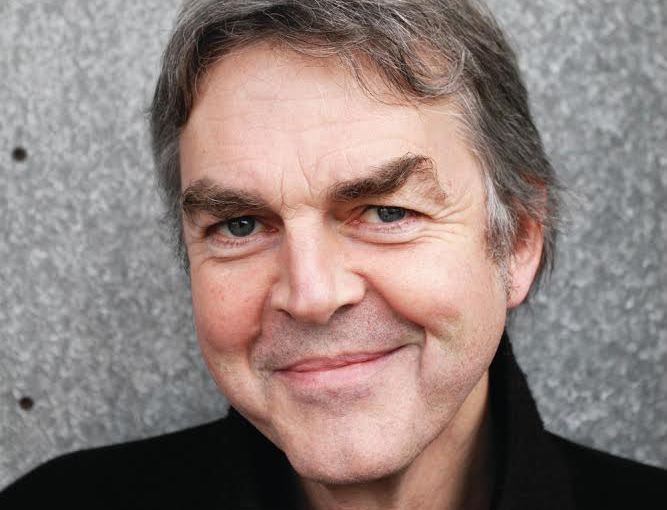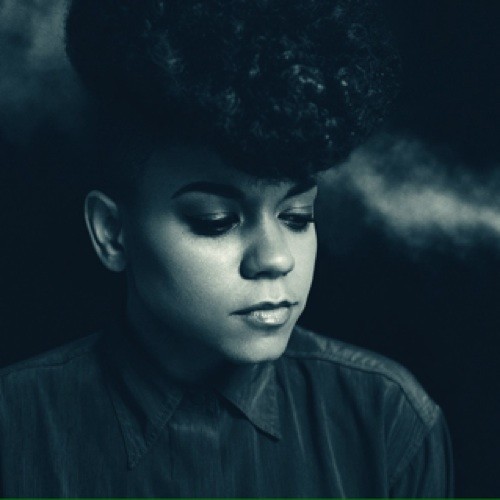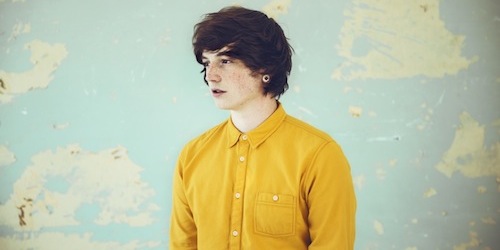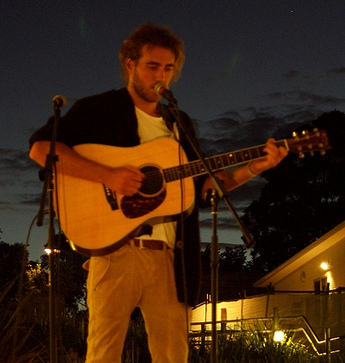[Published in The Student newspaper 4/11/14]
I had a chat with the journalist ahead of his Born To Be Wide event to be held Thursday 6 November.
Events targeted at giving you a sneak peek into the intricate workings of the music industry are sparse. But Born to Be Wide is here to change that. The Edinburgh-based project, founded in 2004 by friends Olaf Furniss and Brodie Smithers, aims to provide insight into areas within the industry through seminars, guest panels, and showcases of local bands, the odd DJ set being thrown into the mix. A brief trawl through their most recent endeavours reveals a spread of events on everything from music management to designing a record sleeve. It’s informative without the cost of an extortionate ticket down to a music convention in London. Their latest event is to be held this Thursday on the topic of music journalism. Edinburgh’s cosy Electric Circus will be the stage for a professional panel including Alan Morrison (Arts Editor of The Herald), Nicola Meighan (freelancer at The List) and the headline act of the evening, Mark Ellen.
You’d be excused for not recognising the name, but you’ve most definitely heard of Mark Ellen’s accomplishments. Founder of Q and Word magazine, former editor for MOJO, contributor for the NME, he has broadcasted for Radio 1, sitting in for John Peel, and he was the familiar face presenting Live Aid in the 1980s. It’s half expected that Ellen would be a bit of a condescending media ‘wise guy’ based on this impressive résumé. Quite the opposite: self-deprecating, funny and very talkative, he’s a gold mine of anecdotes. Ahead of the event, I had a chat with him about his career and new book Rock Stars Stole My Life!.
“It seemed the perfect way of bookending 50 years of an obsession with music”, he says of his nostalgic memoir. It speaks quite heartily of an ever-changing form that has recently led to the diminishing importance of the writer. In fact, when I first question Ellen about his goal in writing it, he’s quick to throw himself into an exaltation of the bygone eras of his youth: the birth of rock n’ roll and the subsequent boom of the music press that, panting behind, fervently tried to keep up with this rocketing scene. “Nobody knew which direction it was going to go”, he professes, in his distinct booming voice. “I was right in the central, molten core. It was really thrilling”.
His breakthrough as a journalist in the 1970s was due to the painstaking process of sending live review upon live review to the NME reception desk, until they eventually caved in and published him. Does he feel he’s delivered valuable insight into how you’d get into the industry at that point in time, then? Ellen is quick to agree, before nostalgically musing about an early interview he did. “I interviewed Sting at one point and The Police were literally the biggest rock and roll band in the world. And I’m sat there in Sting’s house, having just been given his home address on a piece of paper, and gone around to spend 90 minutes with him. When I was a kid, you had the most amazing access.”
It’s hard to imagine a similar situation in the modern day. In fact, Ellen contrasts this with meeting another successful musician. “I was put into this situation where I was eventually interviewed by Lady Gaga for half an hour in order to see if I was worthy of passing the test whereby I could interview her.”
This changing landscape of music and press is made even more apparent by the rise of social media. Magazines like Smash Hits and the NME used to be the foremost sources of news, offering a sense of community amongst readers. The writers also shaped the artists. “A lot of your understanding of them was inflated by the great mythology of the press”, Ellen pronounces. “Now, everything is available, worldwide, instantly, in a way that’s completely controlled by the artist”. He uses the example of Rihanna and her gratuitous tweeting and self-advertising. “She’s the architect of her own propaganda”, he concludes. It would seem that the power completely lies at the other end of the spectrum now.
The modern day has an undeniable impact on the way we listen to music. There’s an immediacy and speed of listening today, as opposed to when the younger Ellen had to ride miles on the bus to pick up a record and bring it home. Platforms like Youtube are changing this struggle to hold on to something concrete in your hands. There’s a lack of “jewel-like, fabulous recordings and B-sides” being heard because “they’ve been lost down the back of the giant sofa of the iCloud.” “Everything else just disappears, it’s vaporised”, Mark Ellen mourns. So should we at least be trying to listen to albums as a whole? “Yes. You wouldn’t in any way think of spooling a tape forward and just watching your favourite bit of a film. You either watch the film in its entirety, or you don’t watch the film”.
Finally, I ask the man if he can offer any advice to aspiring music journalists. “First thing; write”. He pauses before reaffirming, “You really have to sit down and write”. The next professed tip is to do your research. “The more you know about the author of those songs, the deeper, the more soulful and resonant the music becomes”. Once you have this, you need an angle. “You need an intro and some kind of trajectory to follow. You need to have a new opinion that someone’s never had before”. But by far the most important thing is trying to find your own style, he explains. “Find a real individual voice, the voice that’s you. Don’t impersonate somebody else.”
Rock Stars Stole My Life! is out now.
For more information on Born To Be Wide and their events, check out http://borntobewide.co.uk/.






